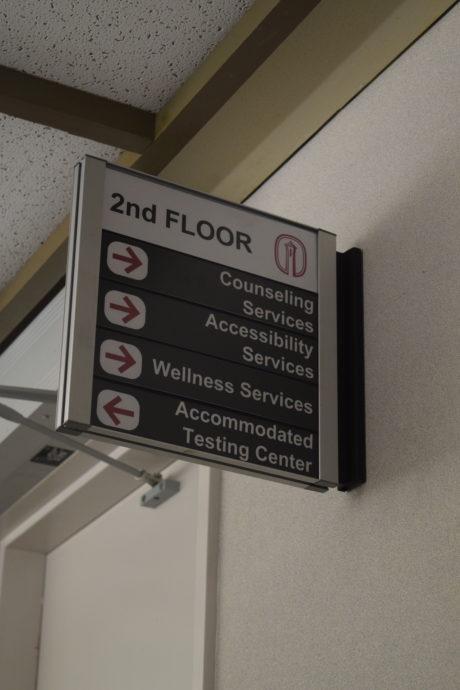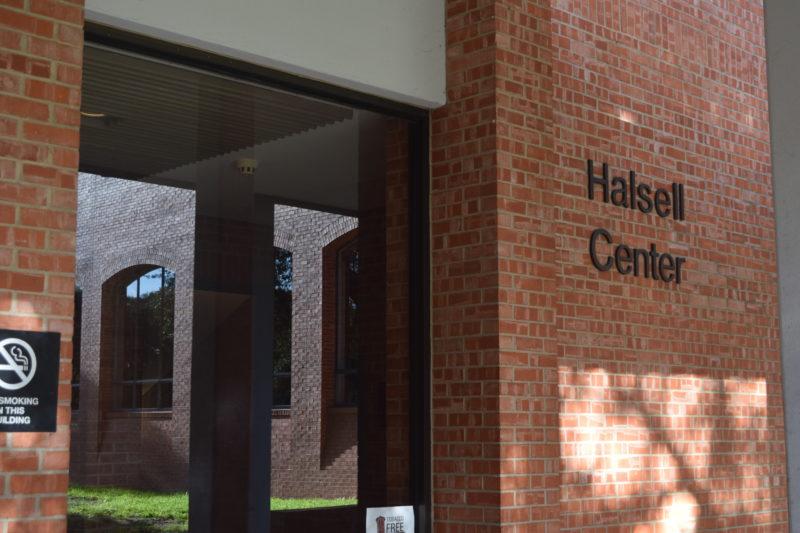Trinity University provides many resources for students with disabilities. One of these is the Student Accessibility Services office (SAS), which aims to improve the effort to support disadvantaged students. One such improvement involves significant changes to the Accommodated Testing Center (ATC).
According to their website and mission statement, SAS wants to make sure that all students, including students with disabilities, have equal access to all courses, programs and other facilities. This is done by offering special services, like counseling, consultation and training.
The purpose of having a resource like SAS is to support disadvantaged students who may not be as strongly supported otherwise. Depending on the disability, the department has the power to assist students in a variety of ways, including altering meal plans and accelerating class registration.
“SAS works to level the playing field,” said Catherine Morell-Nickle, assistant director of SAS.
At its core, the ATC helps students alter their testing schedule on a class-by-class basis if they have a disability that impedes their capability to test in a classroom setting. After registering through SAS and talking with their professor, students may register to have access to fewer distractions, extended time, etc.
More students are taking advantage of this resource now than ever before. Morell-Nickle remarked that, in the fall semester of 2016, 250 exams were taken in the ATC, but, during the spring semester of 2017, that number more than doubled to 600 exams.
“Before this semester, [SAS] made do with what we had,” Morell-Nickle said.
Now, both the ATC and SAS will have a designated space on the third floor of the Elizabeth Huth Coates Library. Morell-Nickle added that transition to a much larger area allows SAS to create an intentional space that is more private for students.
Prior to this change, students would have had to change locations with every test they took; everything was done on a case-by-case basis. Morell-Nickle believes establishing a new location means that testing will now be more predictable. So far, students have had positive reactions.
“It provides a private, quiet environment that fosters focus and productivity,” wrote Caroline Clarkson, sophomore, in an email interview. “The testing center has allowed me to do my best because it eliminates the extra distractions and stress. I would absolutely recommend it to anyone with focus issues, test anxiety and extra time accommodations.”
These are some of many changes that have occurred within the ATC. In the past, faculty handled most matters related to testing accommodations. After moving to the Halsell Center, the ATC had the opportunity to establish a better center for accessible learning, which indicates success for these upcoming modifications.

In addition to changes for the ATC, SAS is also aiming to introduce online scheduling. The process has historically included an appointment, documentation and an interview with Morell-Nickle. Now, the department is hoping to make it more electronic, though Morell-Nickle warns that, as they move, the transition will be slow.
Morell-Nickle reminds students that all are welcome, especially incoming first-years that may not realize the full potential of resources on campus, and she invites any questions students might have.
For students who do not qualify for SAS, Counseling Services may also provide assistance for those experiencing trouble with any academic or social problems at Trinity. Counseling Services is currently located in the Halsell Center, Suite 201. Appointments are required for long meetings, however, walk-in sessions lasting approximately 20 minutes may be accepted weekdays from 1:30 to 4:30 p.m., depending on the availability of counselors. Before counseling, all students complete paperwork to both assess their needs and ensure their privacy. All six services are free, and range from consultation or assessment to medication management.







